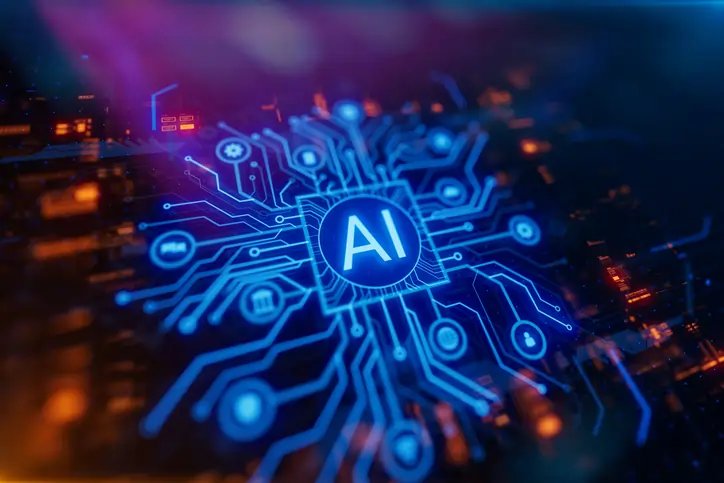Dmitrii Khasanov: The AI Economy — Who Will Own and Monetize Intelligent Models?


Just five years ago, discussions about an AI-driven economy sounded more like science fiction. Most people (even
Just five years ago, discussions about an AI-driven economy sounded more like science fiction. Most people (even business people) saw artificial intelligence as a breakthrough that was still a decade or two away. Today, the environment has definitely changed—rapid technological advancements and increasing investments show that we are on the verge of a new era, where machine learning models are taking center stage across industries. But one fundamental question remains: who will own, control, and, most importantly, monetize intelligent systems?
Dmitrii Khasanov, investor and founder of the Arrow Star investment fund, breaks down the key dynamics of today’s AI-powered economy.
The International Monetary Fund predicts that AI will impact around 40% of jobs worldwide, while Goldman Sachs estimates that artificial intelligence could add $7 trillion—roughly a 7% boost—to global GDP over the next decade. McKinsey’s projections are even more ambitious, ranging from $17 trillion to $25 trillion annually, and that’s considered a conservative scenario. These numbers reinforce a key point: AI is no longer a niche tool reserved for engineers and data scientists—it is rapidly becoming the foundation for new business models, government initiatives, and entire industries.
Who Owns the Intelligence?
One of the most pressing issues in AI’s expansion is ownership and monetization. Companies developing machine learning algorithms continue to pour billions into computing power, research, and data collection to build advanced solutions for speech recognition, natural language processing, and predictive analytics. But they are no longer the only players in this race—governments are stepping in, recognizing AI’s potential to boost economic efficiency, enhance security, and accelerate scientific progress.
"Entrepreneurs who once watched major tech corporations dominate the AI space are now finding ways to integrate it into their own ventures,” says Dmitrii Khasanov. “Some have carved out niche markets, such as automating agricultural processes or optimizing logistics, while others are entering the market with bold, global ambitions."
But the key question remains: how do you make money from an intelligent model? Some companies rely on subscription-based services, where AI acts as a virtual expert. Others focus on licensing and consulting, helping businesses integrate AI into their operations. A third group seeks partnerships with governments and major corporations, deploying AI-powered analytics platforms at scale.
AI, Regulation, and the Global Power Struggle
Governments all over the globe are interested in AI as a tool for gaining a competitive edge. It will help to attract top talent, secure technological leadership, or influence global markets. As a result, artificial intelligence regulation is becoming a huge topic, with new laws on data governance, intellectual property rights, and taxation of tech companies taking center stage. If smart algorithms are truly capable of generating trillions of dollars in annual revenue, it’s only natural that governments will want their share of the pie.
This creates a policy dilemma:
According to Dmitrii Khasanov, the success of the AI-driven economy will largely depend on who takes ownership of key innovations. “We’re already seeing global tech giants acquiring promising startups, while university research labs are competing for top talent and funding to secure leading positions in the field.” At the same time, agile startups are entering the race, seeing AI as their opportunity to break into the global tech landscape.
In the coming years, the question of who owns and monetizes AI models could become one of the defining issues in the global economy. As artificial intelligence continues to reshape finance, healthcare, transportation, and energy, its contribution to global GDP will only increase. And while the future remains uncertain, one thing is clear: the AI economy is no longer a futuristic concept—it is now a reality.
As Dmitrii Khasanov states, “Every market player, from emerging entrepreneurs to world leaders, is looking to secure their place in this new economic order.”
Dmitrii Khasanov

Explore more articles in the Top Stories category











